
If you want to understand why the Democrats and the media are still so incensed of the release of DNC emails by Wikileaks, you have to understand the real story. It’s not about Russians or even privacy per se. It’s about being exposed.
The emails themselves were not extraordinarily scandalous and they received scant coverage from the media (here I’m separating the content of the emails from the release of the email). Contrary to claims there is zero, zip, nada evidence that these emails had a negative impact on Hillary Clinton’s campaign. The emails were released on July 24. Here is the polling from July 1 through election day.
The emails did, however, show one thing.
As you recall, Debbie Wasserman Schultz, the DNC’s attack corgie, was forced to resign because the email release showed she had been working hand-in-glove with the Clinton campaign to nominate Hillary Clinton, rather than acting as an honest broker:
The Democratic National Committee chairwoman resigned under fire Sunday, on the eve of a national convention meant to project competence and unity in contrast to the turbulence of the Republicans’ gathering last week.
The disarray threatened to upend Hillary Clinton’s plan to paint the Democrats as the party best prepared to lead a divided and anxious country and herself as the leader who can offer an optimistic alternative to Republican Donald Trump.
Debbie Wasserman Schultz of Florida was forced aside by the release of thousands of embarrassing emails among party officials that appeared to show coordinated efforts to help Clinton at the expense of her rivals in the Democratic primaries. That contradicted claims by the party and the Clinton campaign that the process was open and fair for her leading challenger, Sen. Bernie Sanders of Vermont.
(Don’t worry about DWS, Hillary IMMEDIATELY snatched her up.)
In a show of fair-handedness, Donna Brazile, long time Democrat apparatchik and Clintonista and someone who was so in the bag for Hillary Clinton that she was fired from CNN for leaking debate questions to the Clinton campaign, was brought in to manage things.
Now Brazile is telling us just how bad things really were. Fair Use prevents me from posting the whole article here, but you have to read it:
Debbie was not a good manager. She hadn’t been very interested in controlling the party—she let Clinton’s headquarters in Brooklyn do as it desired so she didn’t have to inform the party officers how bad the situation was. How much control Brooklyn had and for how long was still something I had been trying to uncover for the last few weeks.
By September 7, the day I called Bernie, I had found my proof and it broke my heart.
The Saturday morning after the convention in July, I called Gary Gensler, the chief financial officer of Hillary’s campaign. He wasted no words. He told me the Democratic Party was broke and $2 million in debt.
…
That wasn’t true, he said. Officials from Hillary’s campaign had taken a look at the DNC’s books. Obama left the party $24 million in debt—$15 million in bank debt and more than $8 million owed to vendors after the 2012 campaign and had been paying that off very slowly. Obama’s campaign was not scheduled to pay it off until 2016. Hillary for America (the campaign) and the Hillary Victory Fund (its joint fundraising vehicle with the DNC) had taken care of 80 percent of the remaining debt in 2016, about $10 million, and had placed the party on an allowance.
Consider this for a moment. Senior leaders in the DNC had no idea of the finances within the DNC because Wasserman Schultz cut them out of the loop. Keep in mind that Brazile is finding out the DNC’s financial picture from the Clinton campaign’s CFO.
On the phone Gary told me the DNC had needed a $2 million loan, which the campaign had arranged.
“No! That can’t be true!” I said. “The party cannot take out a loan without the unanimous agreement of all of the officers.”
“Gary, how did they do this without me knowing?” I asked. “I don’t know how Debbie relates to the officers,” Gary said. He described the party as fully under the control of Hillary’s campaign, which seemed to confirm the suspicions of the Bernie camp. The campaign had the DNC on life support, giving it money every month to meet its basic expenses, while the campaign was using the party as a fund-raising clearing house. Under FEC law, an individual can contribute a maximum of $2,700 directly to a presidential campaign. But the limits are much higher for contributions to state parties and a party’s national committee.
Individuals who had maxed out their $2,700 contribution limit to the campaign could write an additional check for $353,400 to the Hillary Victory Fund—that figure represented $10,000 to each of the thirty-two states’ parties who were part of the Victory Fund agreement—$320,000—and $33,400 to the DNC. The money would be deposited in the states first, and transferred to the DNC shortly after that. Money in the battleground states usually stayed in that state, but all the other states funneled that money directly to the DNC, which quickly transferred the money to Brooklyn.
“Wait,” I said. “That victory fund was supposed to be for whoever was the nominee, and the state party races. You’re telling me that Hillary has been controlling it since before she got the nomination?”
Gary said the campaign had to do it or the party would collapse.
The Clinton campaign arranged a loan on behalf of the DNC without clearing it with the DNC board. The Clinton campaign was actually controlling and using funds that were donated to support Democrat candidates.
Right around the time of the convention the leaked emails revealed Hillary’s campaign was grabbing money from the state parties for its own purposes, leaving the states with very little to support down-ballot races. A Politico story published on May 2, 2016, described the big fund-raising vehicle she had launched through the states the summer before, quoting a vow she had made to rebuild “the party from the ground up … when our state parties are strong, we win. That’s what will happen.”
Yet the states kept less than half of 1 percent of the $82 million they had amassed from the extravagant fund-raisers Hillary’s campaign was holding, just as Gary had described to me when he and I talked in August. When the Politico story described this arrangement as “essentially … money laundering” for the Clinton campaign, Hillary’s people were outraged at being accused of doing something shady. Bernie’s people were angry for their own reasons, saying this was part of a calculated strategy to throw the nomination to Hillary.
Politico was actually wrong, this was not “essentially money laundering” this was the “essence of money laundering.”
The agreement—signed by Amy Dacey, the former CEO of the DNC, and Robby Mook with a copy to Marc Elias—specified that in exchange for raising money and investing in the DNC, Hillary would control the party’s finances, strategy, and all the money raised. Her campaign had the right of refusal of who would be the party communications director, and it would make final decisions on all the other staff. The DNC also was required to consult with the campaign about all other staffing, budgeting, data, analytics, and mailings.
I had been wondering why it was that I couldn’t write a press release without passing it by Brooklyn. Well, here was the answer.
Essentially, the Clinton campaign evaded federal campaign finance laws by basically “buying” the Democrat party–and by that I mean giving the DNC the choice between being controlled or bankruptcy–and milking it dry, sort of like the way old-time Mafia guys would “buy” a restaurant and milk it dry by skimming off cash.
The funding arrangement with HFA and the victory fund agreement was not illegal, but it sure looked unethical. If the fight had been fair, one campaign would not have control of the party before the voters had decided which one they wanted to lead. This was not a criminal act, but as I saw it, it compromised the party’s integrity.
I’m not even sure that is true. The fact that the Clinton campaign controlled staffing, messaging, and campaign activities of the DNC directly and before the convention strikes me as a clear violation of campaign finance laws. Likewise, the Clinton campaign rake-off of the Victory Fund is very shady.
The Clinton camp just concluded that they were going to win, and if they won then it didn’t make any difference. To their relief, they are finding that the career staff at Justice and FBI are firmly in their corner and nothing will be done about this, either.

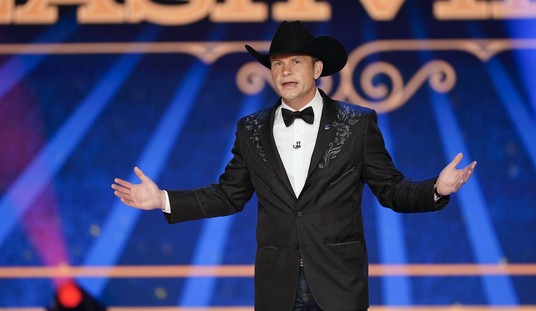
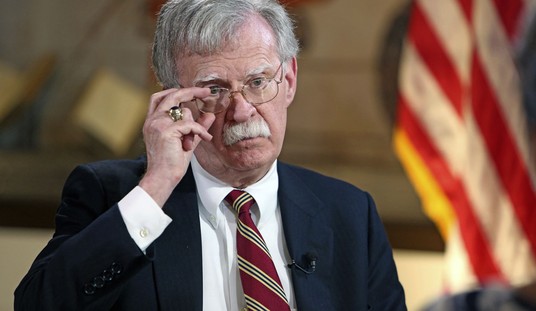



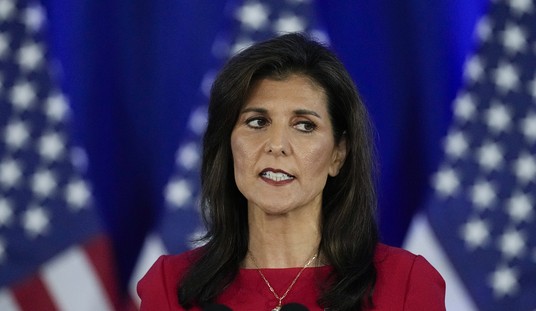

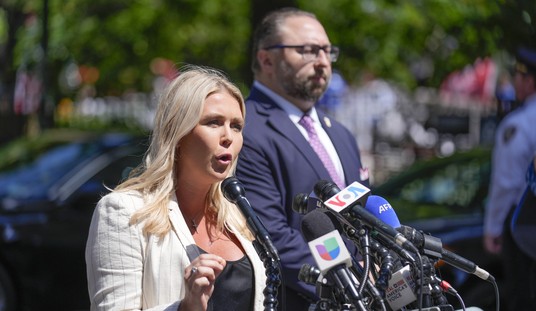
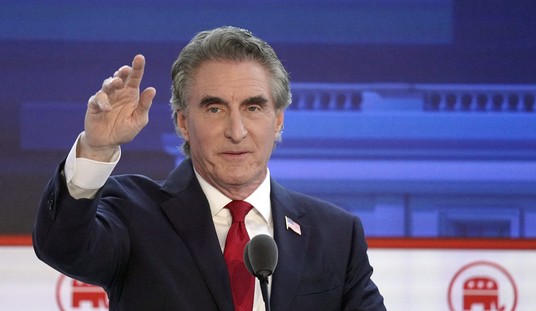

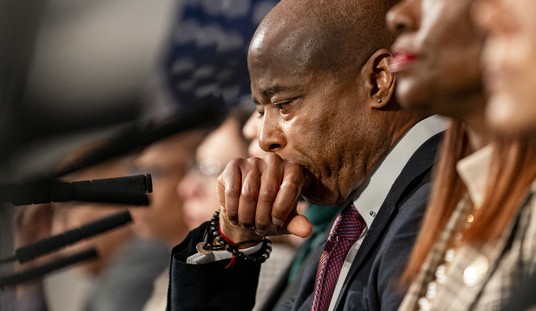


Join the conversation as a VIP Member